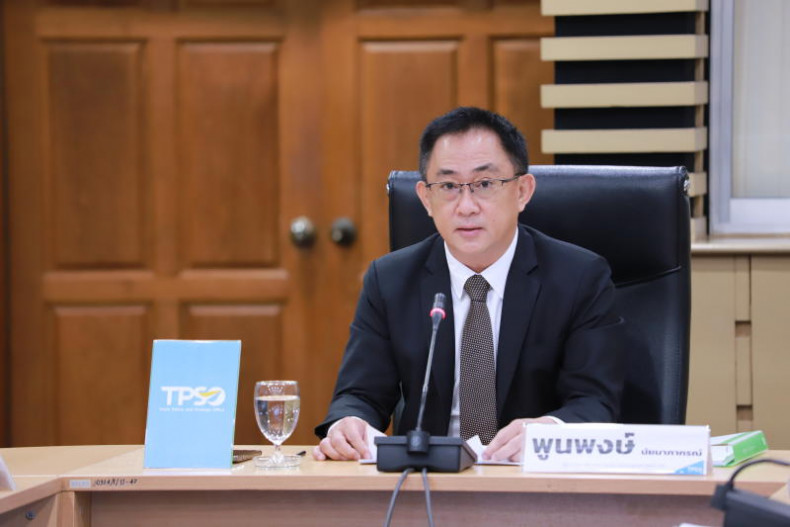The Thai baht has recently experienced a notable depreciation, marking it as the poorest-performing currency in Asia amidst concerns over the independence of Thailand’s central bank. Following a significant drop of over 1%, the baht has fallen to 34.739 against the US dollar, reaching its weakest value since August 19.
Concerns Over Central Bank Independence
This sharp decline in the baht’s value comes after reports that Kittiratt Na-Ranong, a former finance minister known for his criticism of the central bank’s tight monetary policy, was selected as the new chairman of the Bank of Thailand (BoT). Investors are increasingly apprehensive about the central bank’s autonomy, especially as the Thai government exerts pressure on it to lower interest rates.
Impact of Kittiratt’s Appointment
Eugenia Victorino, head of Asia strategy at Skandinaviska Enskilda Banken AB in Singapore, highlighted that as long as the central bank’s independence remains uncertain, investors are likely to favor holding US dollars over the Thai baht. Kittiratt’s appointment has raised speculation about future rate cuts, potentially impacting the central bank’s policy decisions, even though the BoT chair does not set monetary policy directly.
Baht’s Decline Reflects Investor Concerns
This quarter, the baht has fallen by over 7%, highlighting its weak performance among Asian currencies. Investor confidence has been further shaken by Thailand’s vulnerability to potential U.S. trade tariffs, adding to the baht’s current challenges. According to Lloyd Chan, currency strategist at MUFG Bank in Singapore, the expectation of additional rate cuts combined with external pressures from U.S. tariffs has added to the baht’s depreciation.
Influence Over Monetary Policy
Kittiratt’s new role will allow him to influence the appointment of members to the Monetary Policy Committee (MPC) and assess the performance of the central bank’s governor. While he won’t be setting policies directly, his presence and reputation for advocating rate cuts are likely to influence BoT policy decisions moving forward.
Government Pressure and Policy Shifts
The Thai government, led by Prime Minister Paetongtarn Shinawatra, has actively lobbied for a reduction in borrowing costs. Kittiratt’s nomination by the government reflects a strong push toward looser monetary policy. His selection follows a surprise rate cut last month, which marked the first reduction in borrowing costs since 2020, suggesting the government’s commitment to stimulating economic growth through reduced interest rates.
Kittiratt’s History with Monetary Policy
Kittiratt Na-Ranong has been a vocal critic of the Bank of Thailand’s previous reluctance to lower interest rates. As finance minister under Prime Minister Yingluck Shinawatra’s administration in 2013, he challenged then-central bank governor Prasarn Trairatvorakul on the need for rate cuts. His advocacy for lower rates aligns with his recent appointment, suggesting a continued push for more accommodative policies.
The Future of the Baht and Central Bank Autonomy
The baht’s decline underscores ongoing concerns about central bank independence in Thailand. With Kittiratt’s appointment as BoT chairman, the market may anticipate a shift toward looser monetary policy, which could further impact the baht’s performance. As investor confidence wavers, the government’s influence on the BoT will play a crucial role in shaping Thailand’s economic landscape, particularly as the country faces external pressures and domestic calls for growth stimulation.
Ref – Thaiger









